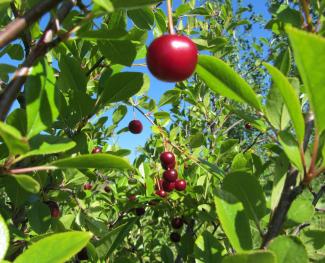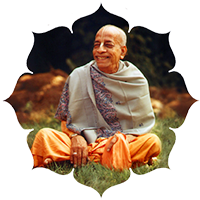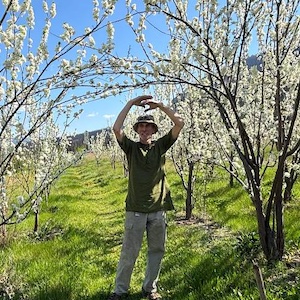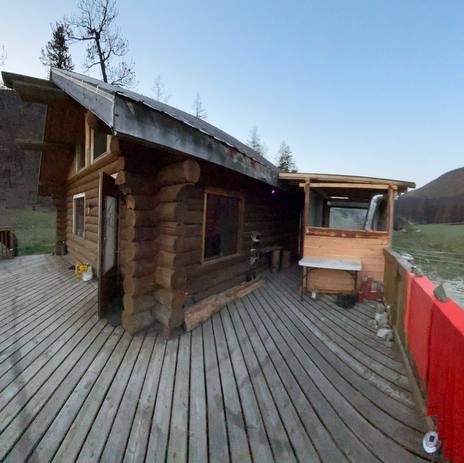We are striving for economic self sufficiency to fulfill the material and spiritual needs of our community and the next generations. Opportunities for serving cows, pilgrims, eco tourism, farming, timber framing, cob building, tent raising, and landscaping are unlimited. We are seeking people to help build eco village infrastructure and expand farming, cow care, ox power and food sovereignty. Key developments are cows barns, grazing land fences and a Goshala foundation in the colony. Our building projects and facilities for volunteers are advancing thanks to our mill and abundant lumber.
Two major factors determine the success or failure of all village communities: to adopt or to forsake: 1) Vedic Education and 2) Vedic Economy.

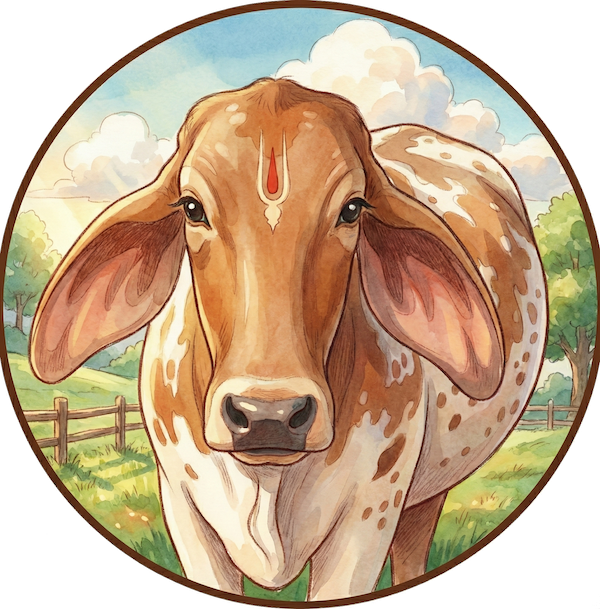
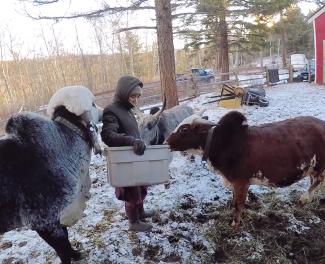
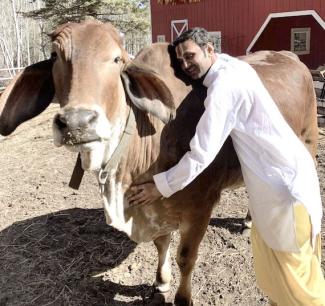
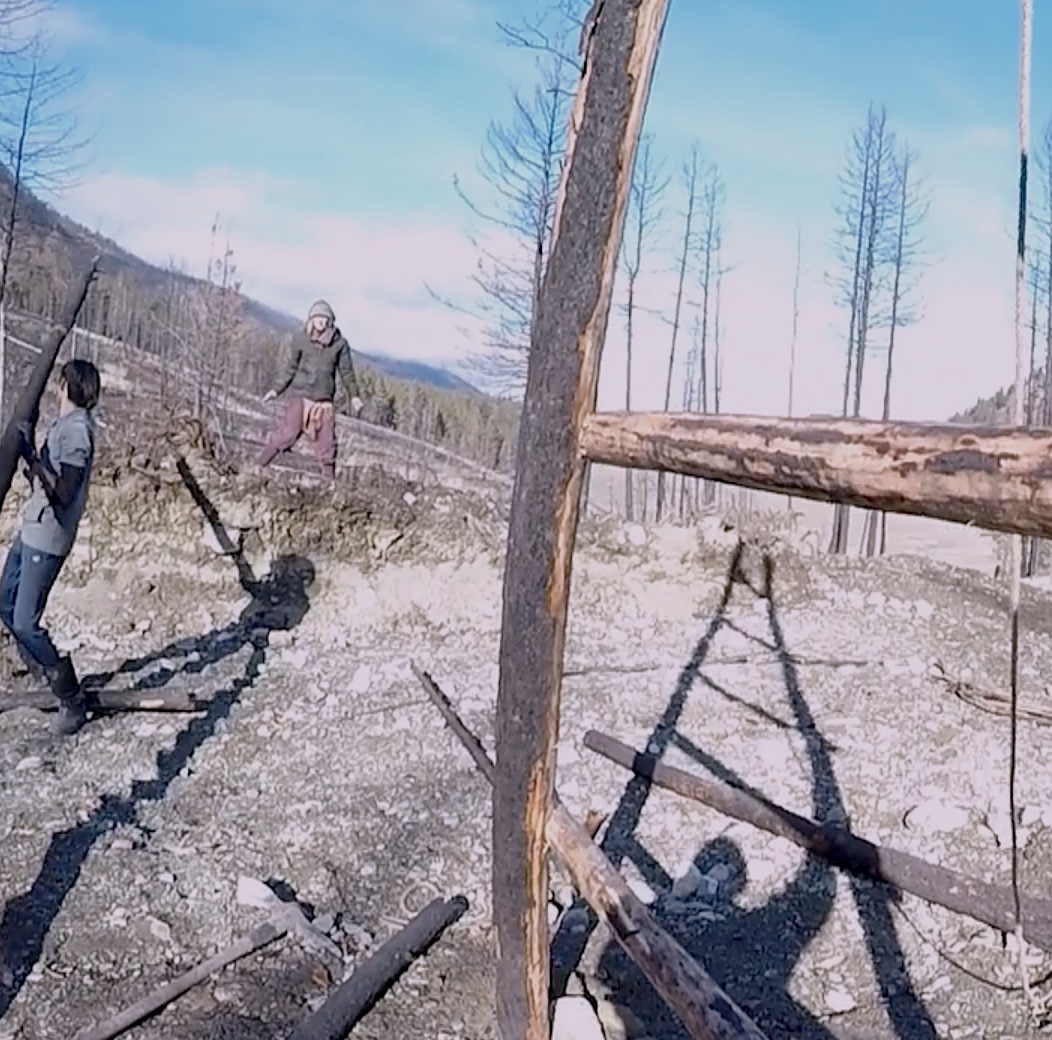 As in the original Vrindavan where cows play a central role in the lives of the Brajavasis, similarly, we plan to focus all the activities within our Vedic Eco Village around cows and agriculture.
As in the original Vrindavan where cows play a central role in the lives of the Brajavasis, similarly, we plan to focus all the activities within our Vedic Eco Village around cows and agriculture.